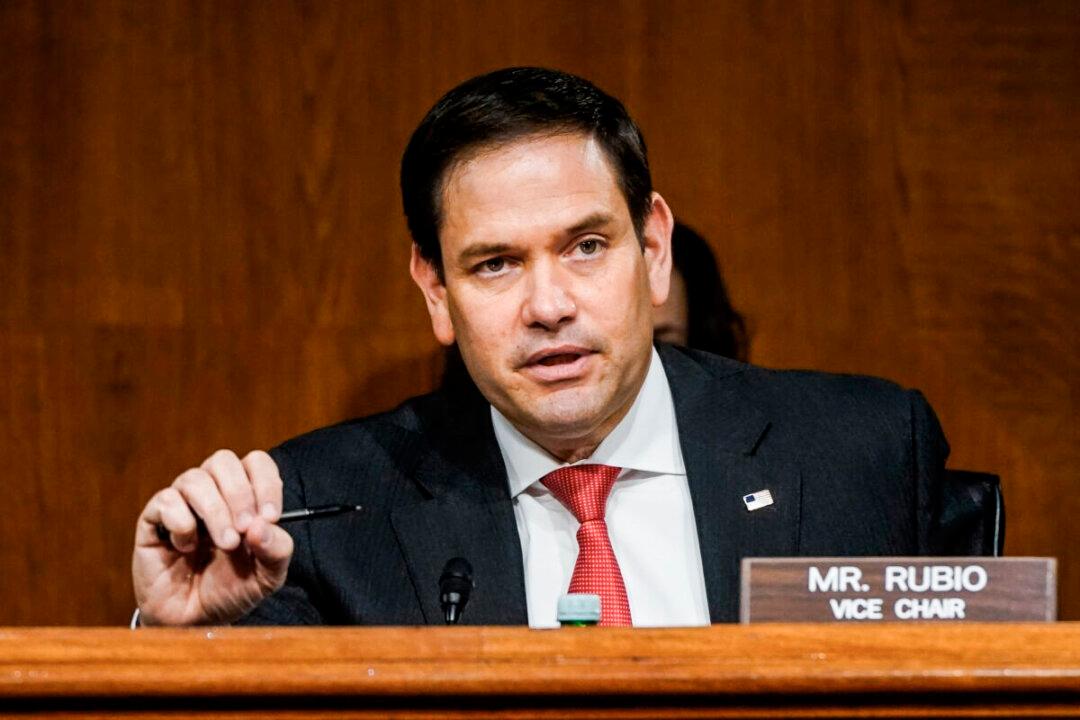Sen. Marco Rubio (R-Fla.) has reintroduced the Sunshine Protection Act of 2023 for the 118th Congress, proposing an end to changing clocks twice a year.
“This ritual of changing time twice a year is stupid. Locking the clock has overwhelming bipartisan and popular support,” Rubio said in a press release on Thursday. “This Congress, I hope that we can finally get this done.”





